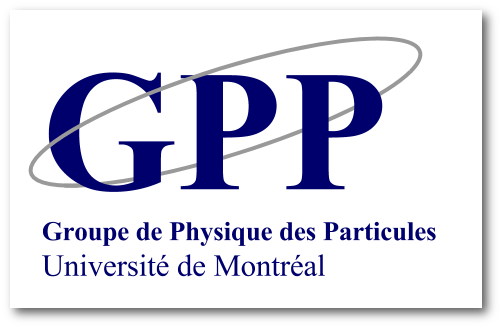Vous êtes ici
The Flavour of Things to Come: Prospects for the SuperB Project
Last year a conceptual design report was produced for a new experimental project, called "SuperB", which would aim to collect almost two orders of magnitude more data than the current generation of heavy quark-flavour experiments at existing particle accelerator facilities. The new accelerator, which would be hosted by the Frascati (LNF) laboratory in Italy, would exploit several novel design features permitting electron-positron collisions at unprecedented luminosities while maintaining a clean, low-background experimental environment. This facility would operate concurrently with the LHC at CERN and would provide very complementary sensitivity to physics beyond the particle physics Standard Model. In this talk, I'll describe the accelerator and particle detector concepts, present the physics motivation for such a project and discuss the status of the ongoing international review and efforts towards a full technical design of the project.

C.P. 6128, Succ. Centre-ville,
Montréal, QC H3C 3J7
Canada
Tél : 514-343-5607
Fax : 514-343-7357 gppweb[at]lps.umontreal.ca
